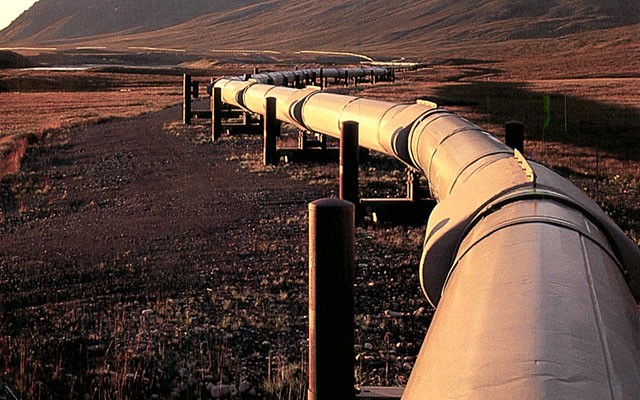
HOUSTON — Oil and gas companies worldwide are taking an axe to their employment rolls, shedding workers to survive what is expected to be a prolonged stretch of weak demand.
By Jennifer Hiller
Exxon Mobil Corp said it will cut its workforce by 15%, or about 14 000 people, along with oil majors Chevron Corp and Royal Dutch Shell Plc.
All told, more than 400 000 oil and gas sector jobs have been cut this year, according to Rystad Energy, with about half of those in the United States, where several big exploration companies and most large oil service companies are headquartered.
Coronavirus has devastated swathes of the global economy, with energy, travel and hospitality among the industries hit hardest. Energy companies were already struggling with weak returns, particularly those operating in US shale regions, but have had to double down on cost cuts as investors pressure companies to improve margins.
“The Covid-era reality across the oil industry is austerity on an epic scale. There is no escaping the fact that this means, among other things, job losses,” said Pavel Molchanov, analyst at Raymond James.
In addition to Exxon, Chevron Corp, Australia’s Woodside Petroleum Ltd and Canada’s Cenovus Energy Inc all announced plans in recent weeks to cut staff.
Global fuel demand slumped by more than a third in the spring. While consumption has recovered somewhat, it remains lower than a year ago with major economies resuming lockdowns to contain the pandemic.
- Chamisa under fire over US$120K donation
- Mavhunga puts DeMbare into Chibuku quarterfinals
- Pension funds bet on Cabora Bassa oilfields
- Councils defy govt fire tender directive
Keep Reading
The downturn has been particularly harsh in the US, the world’s largest crude oil producer.
The nation has recorded the most deaths from coronavirus, and the damage from the pandemic has sent unemployment to about 8%.
US Energy Secretary Dan Brouillette said it is unlikely to return to the peak, near 13 million barrels per day, reached in 2019, largely through the use of fracking technology used by shale companies.
The shale industry has been hit hard by the pandemic because it is easy for oil firms to cut staff and spending in the sector.
Fracking has become a hot-button issue in the US presidential campaign.
Democratic challenger Joe Biden wants to limit fracking on federal lands, while incumbent President Donald Trump has pushed for more drilling, and argues Biden’s position would destroy jobs.
Consolidation is helping drive job cuts. Chevron plans to eliminate roughly 25% of the staff absorbed from Noble Energy, which it acquired this month.
Shell said its oil output likely peaked last year, and it plans to cut roughly 10% of its workforce. Cenovus said it will cut 25% after it buys rival Husky Energy Inc.
In Australia, more than 2 000 oil industry jobs have been cut since March, including at Exxon and Chevron.
Top independent gas producer Woodside said earlier last month that it would cut around 8% of its workforce.
Mohammad Barkindo, secretary-general of the Organisation of Petroleum Exporting Countries, recently expressed concern that the pace of oil demand is below expectations, potentially requiring major producers to maintain production cuts.
— Thompson Reuters Foundation










